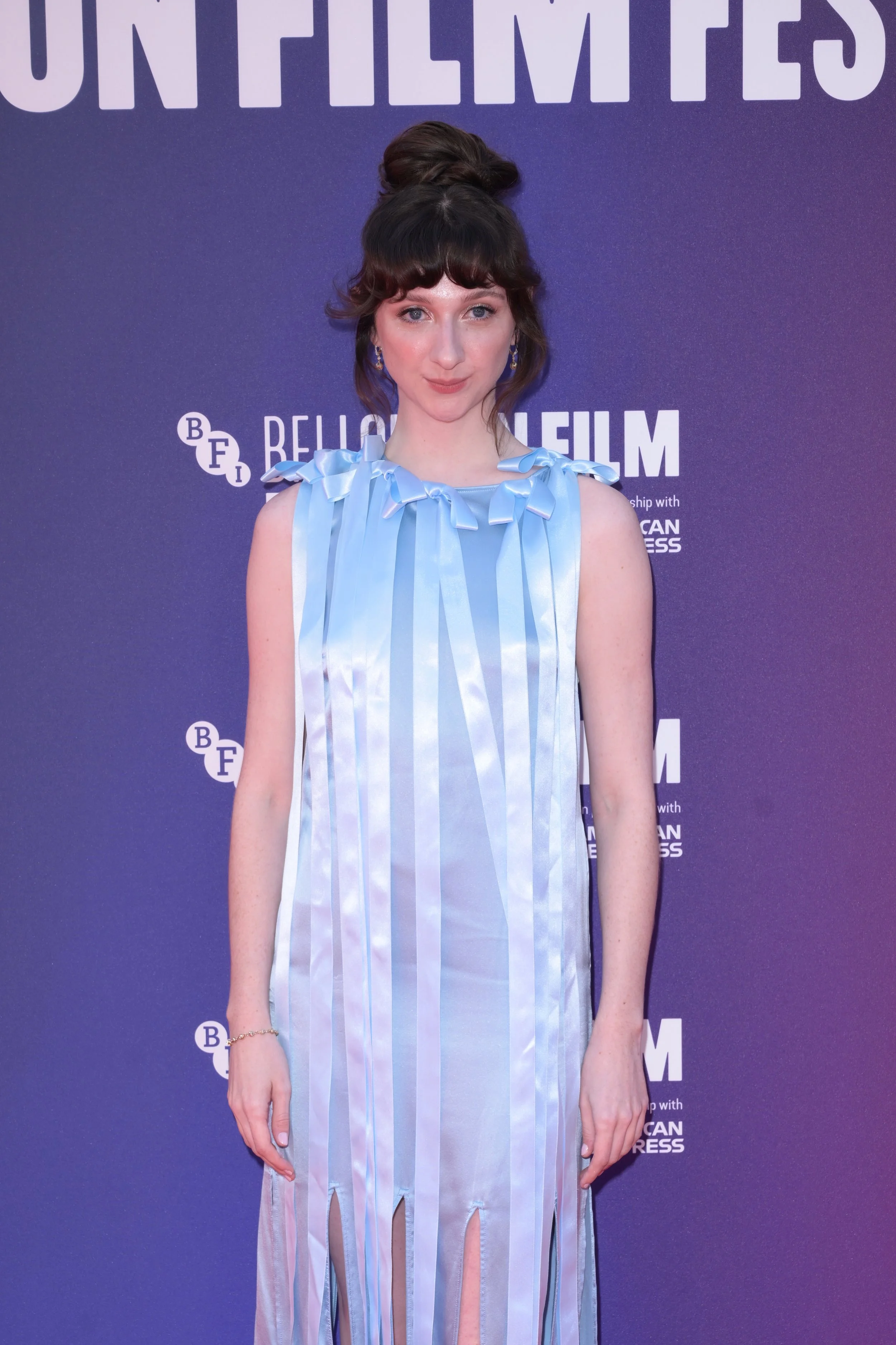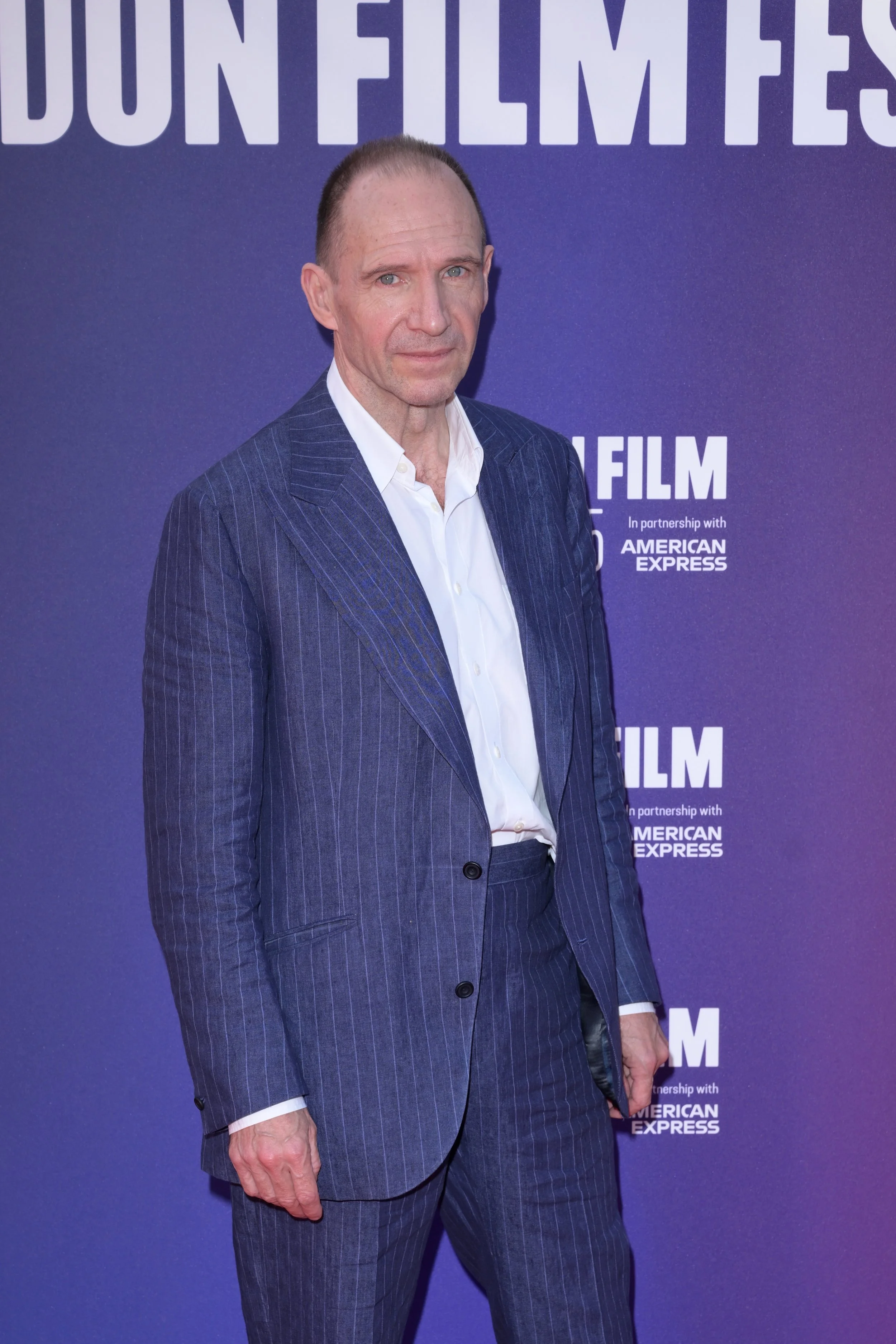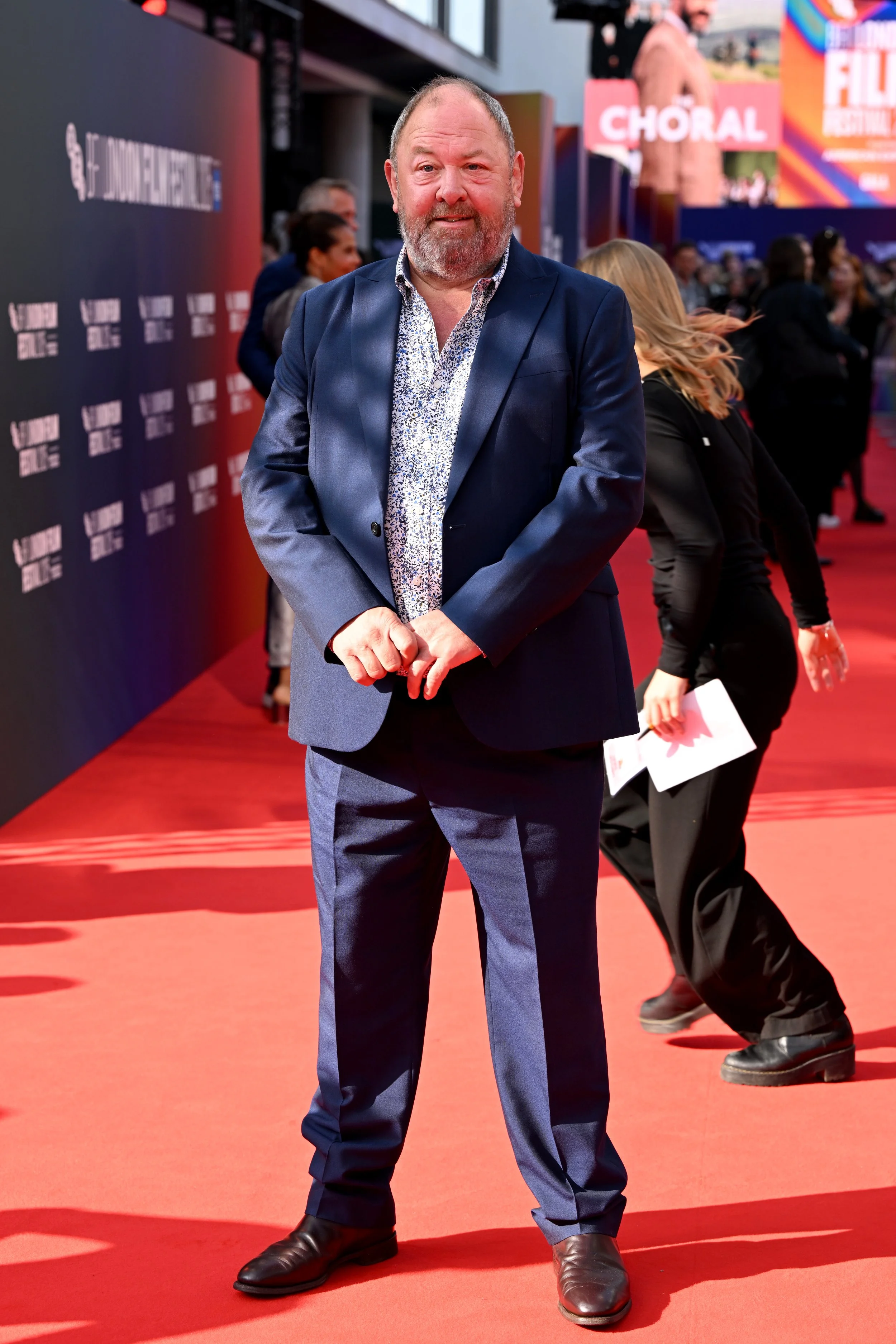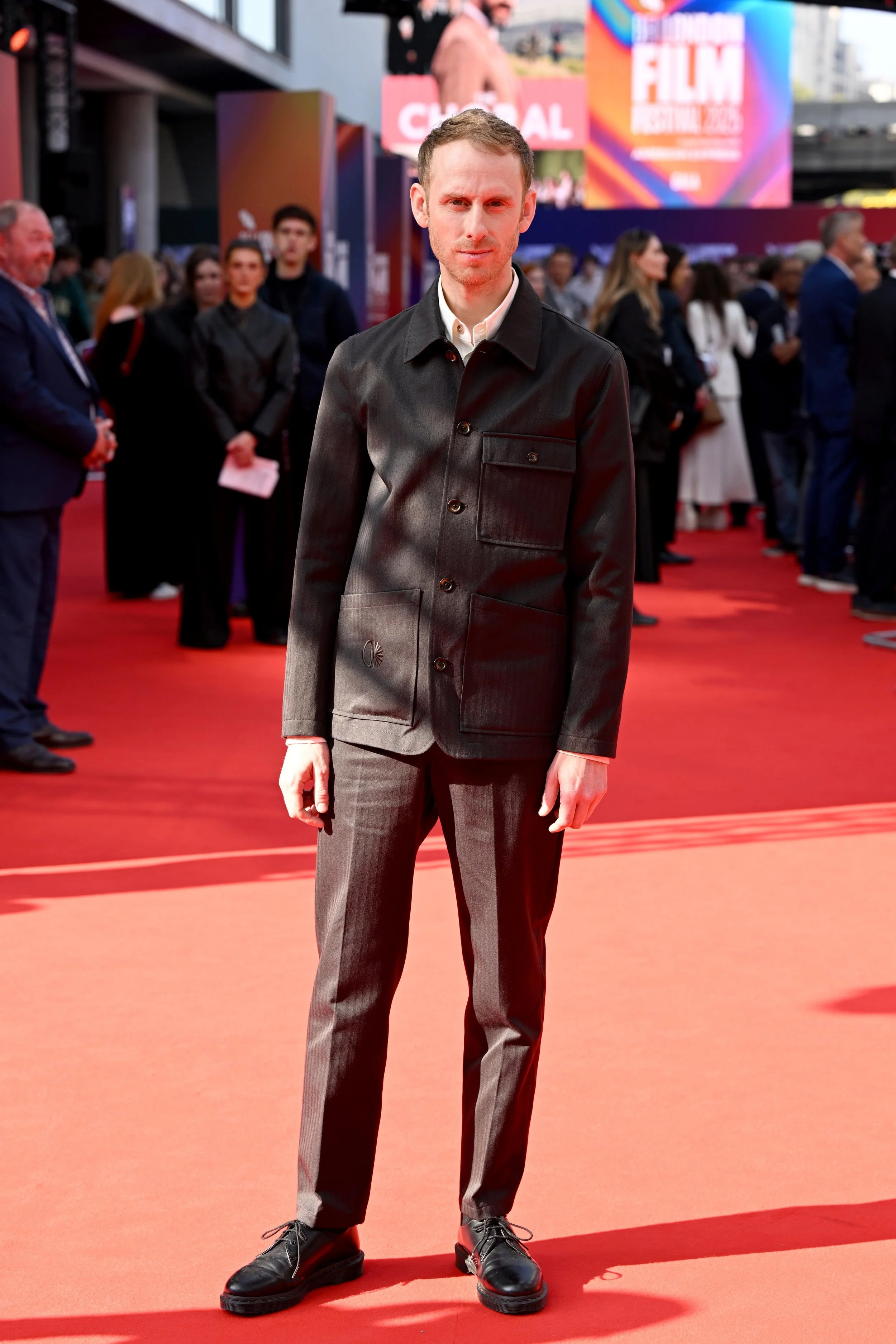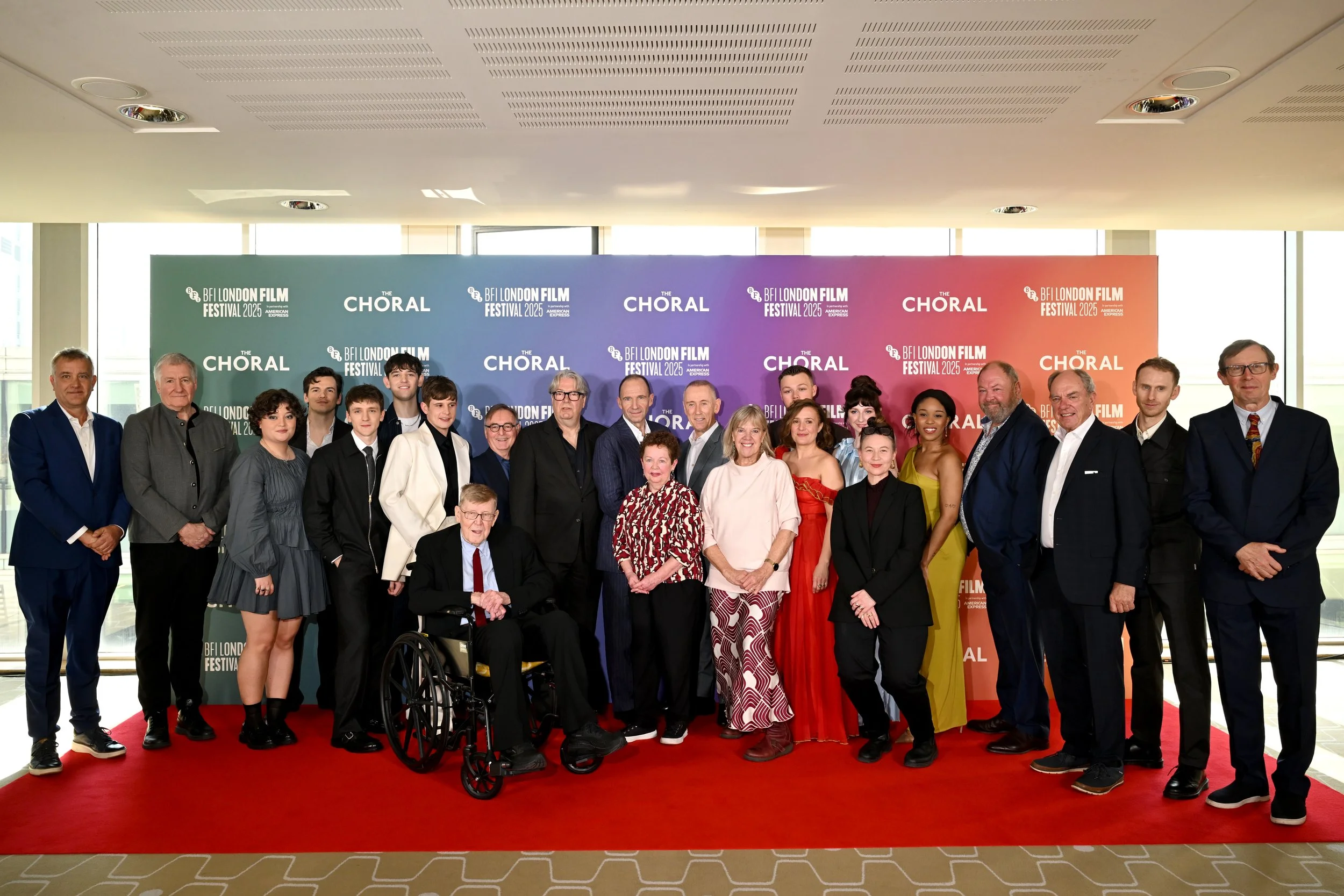
Ralph Fiennes Can’t Stop The Choral From Missing Its Note
The Choral, written by Alan Bennett, arrives dressed in all the trappings of a quintessential British wartime drama. With a quaint village setting, period-accurate costumes, and a cast of faces that feel lifted straight from a Sunday night BBC serial, it promises warmth and nostalgia. I, for one, thought this would be a heartening story of community spirit set against the backdrop of World War One. And yet, while there are moments of beauty, what should have been a stirring symphony often feels more like a rehearsal.
The film’s premise is endearingly simple: with the men of Ramsden called to the front, the local choral society is left short of voices and a Choirmaster. Into this void steps Dr Guthrie (Ralph Fiennes), a prickly, eccentric choirmaster whose intellect and artistry seem ill-suited to a parish hall full of amateurs. Here, in the depths of WW1, we meet a man unashamedly slipping into German as he speaks to his small-village choir. Fiennes, unsurprisingly, is magnetic. Eccentric one moment, devastatingly loyal to his art the next. His Guthrie, an atheist and apparent outsider with an unspoken queerness, provides the emotional gravity that the rest of the film too often sidesteps.
Surrounding him is a solid ensemble. Mark Addy, Roger Allam, Alun Armstrong, and Ron Cook offer the expected comic relief, while Robert Emms as the pianist provides a subtle counterpoint to Fiennes’ brittle authority. Their scenes together briefly hum with tension and intrigue, hinting at the richer, more complete film that might have been if Hytner had stayed with them longer.
Instead, The Choral frequently drifts away from its most compelling material. The narrative splinters into half-formed subplots (village romances, youthful mischief, and familial melodrama) that fail to cohere into anything greater. There are scenes of dialogue that had me leaning forward in my seat, such as a conversation between Emms and Fiennes about the future of their friendship and being drafted into the war, which were almost fogotten as the film marched on. The result is a film that feels curiously unfocused; meandering through sentimentality as it tries to find a fitting end.
Amara Okereke and Jacob Dudman bring conviction to their roles as the choir’s young soloists, doing their best to carry the story through its uneven second half. Dudman, in particular, imbues Clyde — a war veteran stripped of both limb and purpose — with quiet dignity. Yet his emotional arc is undermined by a distracting love triangle between Emily Fairn’s Bella and Thomas Howes’ Gilbert, reducing his trauma to little more than romantic collateral damage.
To the film’s credit, there are flashes of brilliance. In fact, I can well imagine many stumbling across the film on Netflix and enjoying it’s two-hour-dive back into WW1 Britain. The choral performances themselves are beautifully staged and sung with a sincerity that’s difficult to resist. There’s also genuine poignancy in moments where art collides with the absurdity of war — glimpses of what Hytner and Bennett clearly wanted The Choral to be. But those moments never quite crescendo; they dissipate before they can land with force.
In the end, The Choral is a film that looks and sounds the part but never finds its emotional pitch. It’s handsomely made, occasionally moving, and boasts a fine central performance from Fiennes. Yet, it remains oddly airless. Too restrained to resonate. Like the best choirs, this film has all the right voices. It just needs a stronger conductor.
